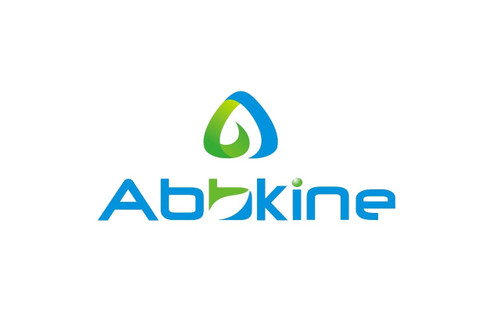Product Description
Mouse Brain-specific serine protease 4 (PRSS22) ELISA Kit | AE25615MO | Abebio
Species Reactivity: Mouse (Mus musculus)
Abbreviation: PRSS22
Alternative Name: BSSP-4; MGC9599; SP001LA; hBSSP-4; brain-specific serine protease 4|prosemin|protease; serine S1 family member 22|tryptase epsilon
Application: ELISA
Range: Request Information
Sensitivity: Request Information
Intra-Assay: ≤4.5%
Inter-Assay: ≤8.6%
Recovery: 0, 98
Sample Type: Serum, Plasma, Other biological fluids
Detection Method: Sandwich
Analysis Method : Quantitive
Test Principale: This assay employs a two-site sandwich ELISA to quantitate PRSS22 in samples. An antibody specific for PRSS22 has been pre-coated onto a microplate. Standards and samples are pipetted into the wells and anyPRSS22 present is bound by the immobilized antibody. After removing any unbound substances, a biotin-conjugated antibody specific for PRSS22 is added to the wells. After washing, Streptavidin conjugated Horseradish Peroxidase (HRP) is added to the wells. Following a wash to remove any unbound avidin-enzyme reagent, a substrate solution is added to the wells and color develops in proportion to the amount of PRSS22 bound in the initial step. The color development is stopped and the intensity of the color is measured.
Product Overview: The deduced 317-amino acid protein contains an N-terminal hydrophobic leader peptide, followed by a propeptide sequence and the serine protease domain, which has the catalytic triad of histidine, aspartic acid, and serine. PRSS22 also has 2 cysteines that form a disulfide bond linking the propeptide and the catalytic domain following proteolytic activation, and it has an N-glycosylation site. PRSS22 lacks a number of residues required by other tryptases to form tetramers. RNA dot blot analysis detected abundant PRSS22 expression in adult esophagus and trachea, with lower levels in adult placenta, pancreas, prostate, and thyroid, and in fetal kidney and lung. There was little to no expression in other tissues examined. Enzymatically active PRSS22 was secreted from a human epithelial cell line and from transfected COS-7 cells.
Stability: The stability of ELISA kit is determined by the loss rate of activity. The loss rate of this kit is less than 5% within the expiration date under appropriate storage condition. The loss rate was determined by accelerated thermal degradation test. Keep the kit at 37°C for 4 and 7 days, and compare O.D.values of the kit kept at 37°C with that of at recommended temperature. (referring from China Biological Products Standard, which was calculated by the Arrhenius equation. For ELISA kit, 4 days storage at 37°C can be considered as 6 months at 2 - 8°C, which means 7 days at 37°C equaling 12 months at 2 - 8°C) .
 Euro
Euro
 USD
USD
 British Pound
British Pound
 NULL
NULL








